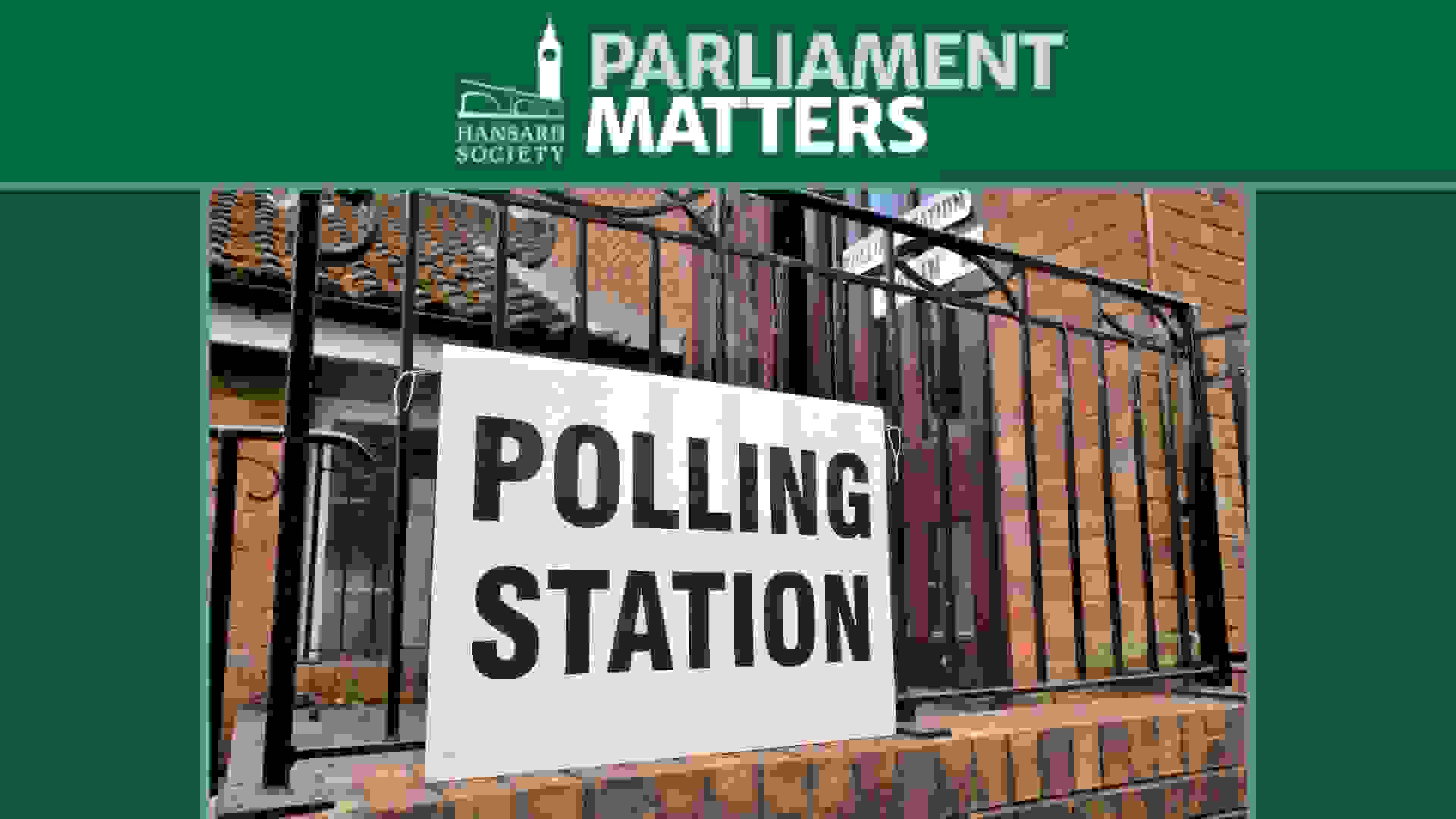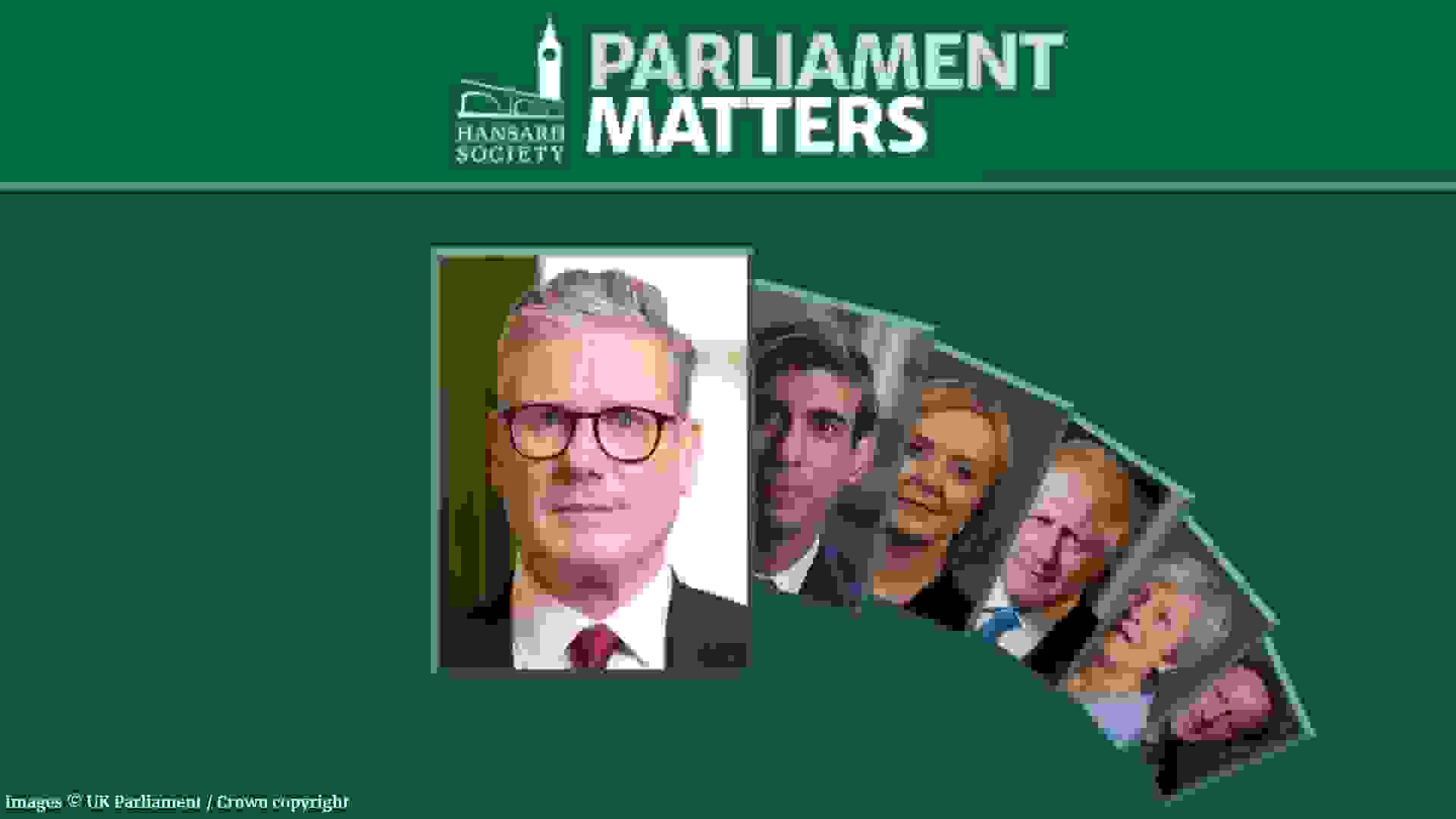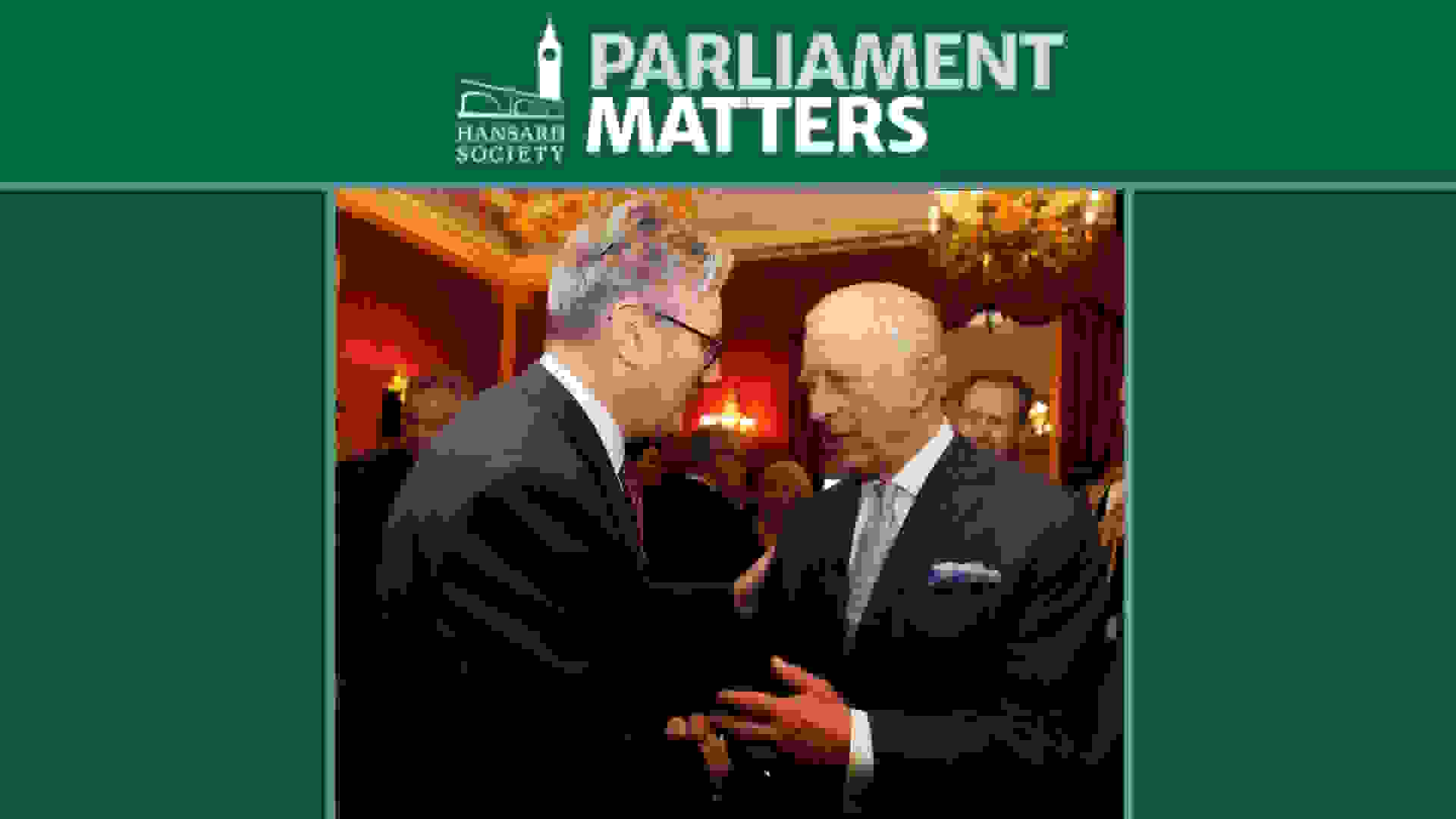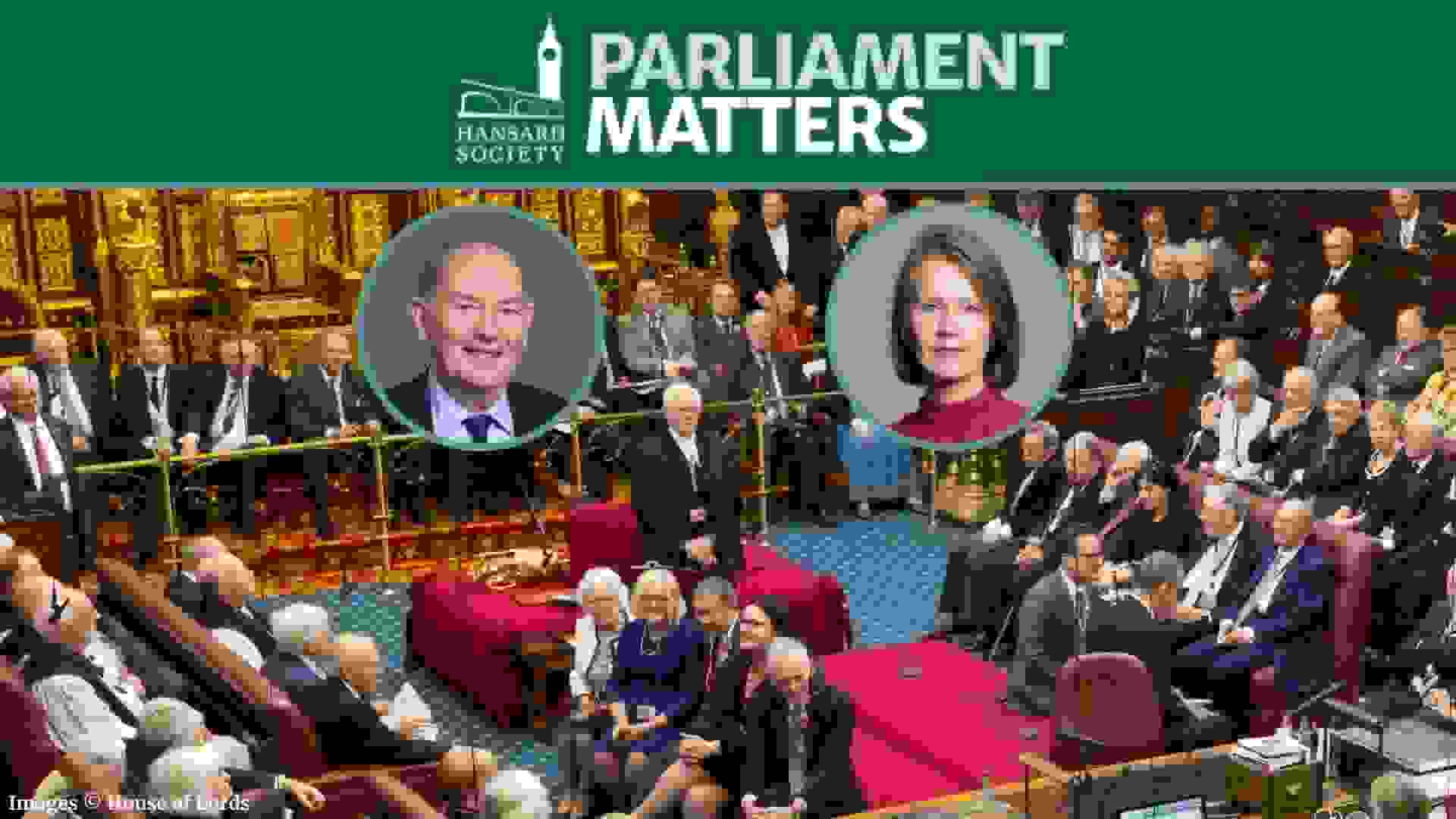The result of the election for the next Lord Speaker will be announced. In the Commons, Government amendments addressing the “family farm tax” will be considered during Committee Stage of the Finance (No. 2) Bill. The Hillsborough Law is expected to complete its remaining stages in the Commons, and the Sentencing and the Diego Garcia Bills the same in the Lords. Peers will consider the assisted dying bill for a sixth day in Committee. MPs will debate an e-petition calling for a new general election, new towns, financial support during the pandemic, and the importance of the Arctic and High North. Select Committees will hear evidence from former OBR chair Richard Hughes on the UK’s fiscal framework, two Cabinet Ministers on AI and copyright, and the Housing and Courts Ministers on their responsibilities.








